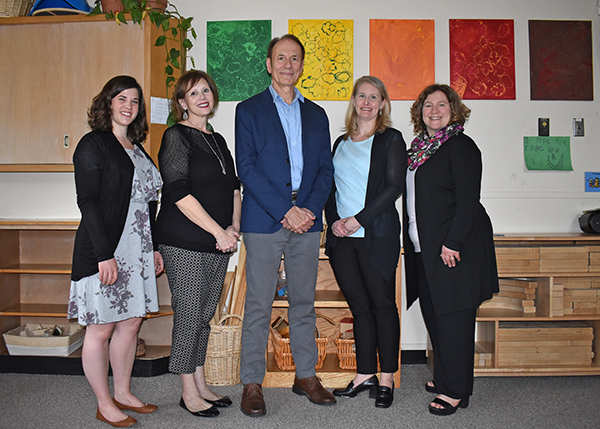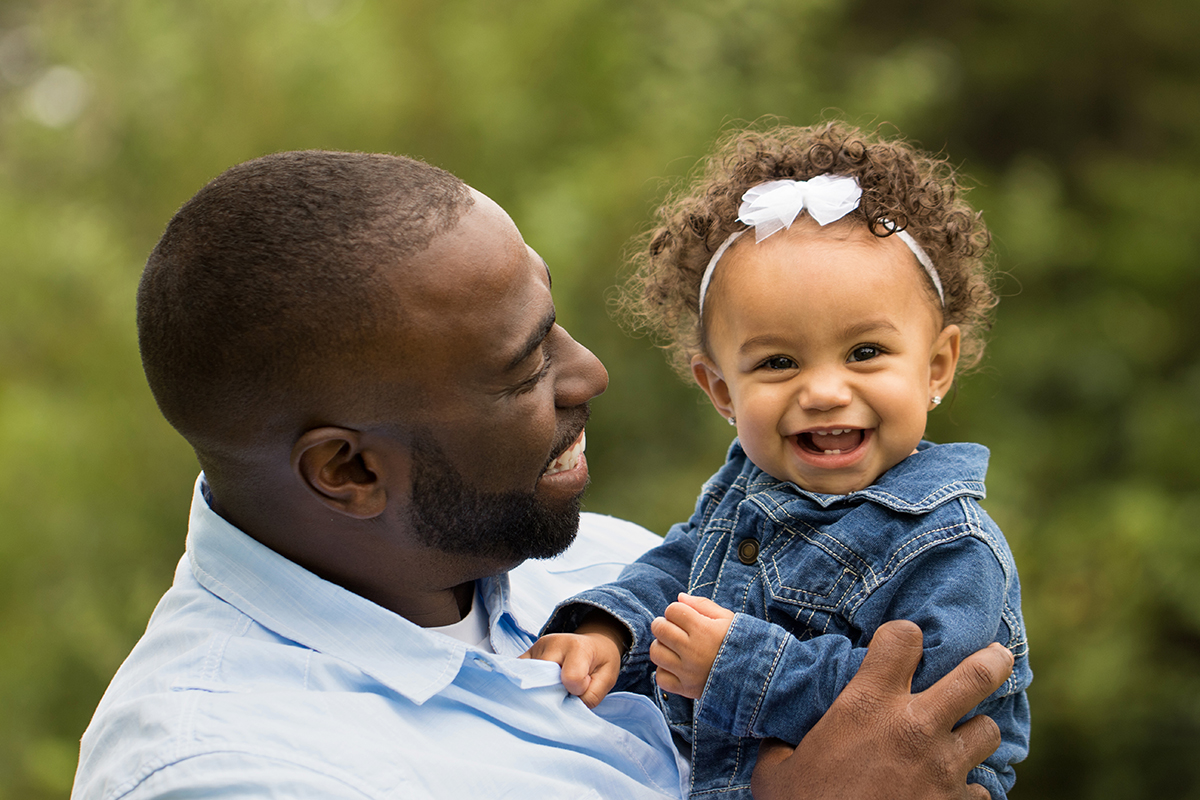Strong relationships in the first years of life are key to healthy development. However, many infants and young children face stress, trauma, or mental health concerns that make it difficult for them to form secure relationships or manage and express their emotions.
Practitioners in a wide range of fields—including early childhood special education, child care, child welfare, and public health home visiting—provide support to children who are struggling. But because they are often serving children and families in high- stress situations, these professionals are at a higher risk for compassion fatigue, burnout, and staff turnover.
“There is a lack of appreciation for the importance of creating and maintaining a competent, well-supported workforce,” says Christopher Watson, PhD, research associate at the Center for Early Education and Development (CEED) in CEHD. “You can create interventions that provide quality supports for children, but the people who do the intervening need to be supported, too, both in terms of initial training and ongoing support. This is particularly true when they’re working with families who are facing extreme challenges.”
In an effort to provide early childhood practitioners improved support, CEED researchers are working to offer information and training on a relationship-based professional development approach called reflective practice.
“The people who do the intervening need to be supported, too, both in terms of initial training and ongoing support.”
Reflective practice encourages individuals to pay attention to relationships as they examine behavior and their responses to behavior. It also asks practitioners to explore how they relate to the children and families they work with, who may be facing multiple challenges and risks, like poverty, domestic violence, or social and emotional disabilities. There is growing evidence that reflective practice leads to better intervention outcomes for children and to improved work environments for practitioners.
Inspired by the positive impact reflective practice can have on young children and those who care for them, in 2017 the Lynne & Andrew Redleaf Foundation made a gift to CEED to establish a new Center for Reflective Practice. Watson directs the center at CEED.
With the Lynne & Andrew Redleaf Foundation’s generous support, in the past year Watson and his team have launched research projects to create a standard definition for reflective practice and a scale to measure how reflective practices impact practitioners and their work with families. They also have developed an online training program that will help practitioners gain a better understanding of how to support early social and emotional development.
“We know that having a knowledgeable workforce that’s able to foster relationships with families is one of the basic components that contributes to positive outcomes for infants and young children,” Watson says. “Through the Center for Reflective Practice, we hope to create a community that will support professionals who are working to build a better future for infants and young children every day.”

Learn more about the Center for Reflective Practice.
Story by Cassandra Francisco | Top photo iStock; staff photo by Kirsten Mortensen | Fall 2018
